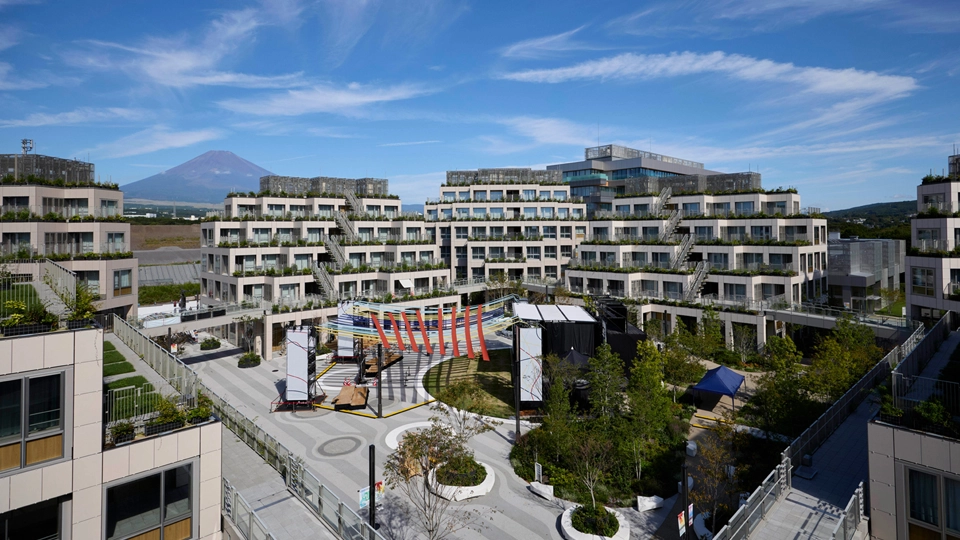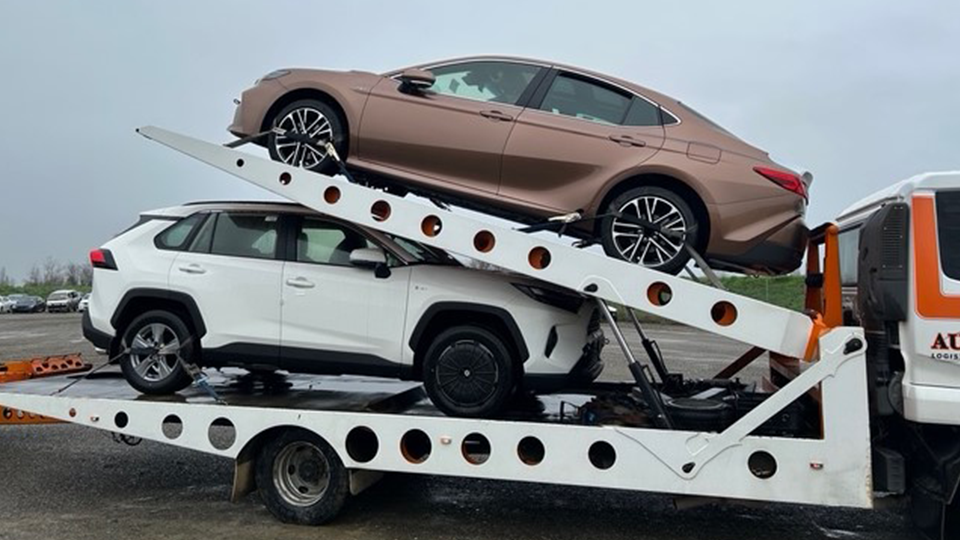Select your preferred store for a more customised experience.

Let’s Go Places, New Zealand
Wherever you're going, we're here to help you move forward. With smarter, more flexible mobility solutions designed for the way New Zealanders live. With more ways to lower carbon emissions and protect our environment. With ongoing support for communities across the country.
Every journey is different - but by moving together, we’ll drive New Zealand forward. Let’s Go Places.
Ways to move
We believe mobility is a universal right. That’s why we’re not just imagining the future of transportation – we’re building it. From cars for the hour to cars for life, we’re delivering more flexible, accessible ways for Kiwis to get around.
Getting there together
We’re proud to stand alongside communities across Aotearoa by supporting local initiatives, creating opportunities, and helping Kiwis thrive. Every Toyota store plays a part in making a positive difference, right where it matters most.
Protecting what matters
The world’s changing fast.
We’re innovating faster – investing in the future of sustainable mobility to preserve and enable the great Kiwi lifestyle for future generations.
The latest from Toyota

Toyota Motor Corporation unveils five distinct marques for a new mobility era
Century, shaping the future of ultra luxury mobility. Toyota New Zealand is proud to support the global direction announced at the Japan Mobility Show 2025, where Toyota Motor Corporation unveiled a bold new brand evolution redefining how its five...

Toyota announces the official launch of Woven City in Japan
The Courtyard at Woven City. The Woven City innovation hub, a living laboratory where resident inventors will test and refine the future of mobility, officially launched in Japan at the end of September, will connect global technology with local...

Toyota New Zealand surpasses 100,000 hybrid vehicle sales
The first two imports arrived into Port Nelson. Toyota New Zealand has reached a major sustainability milestone, with more than 100,000 New Zealand new hybrid electric vehicles (HEVs) now sold across the country. The milestone reflects over two...